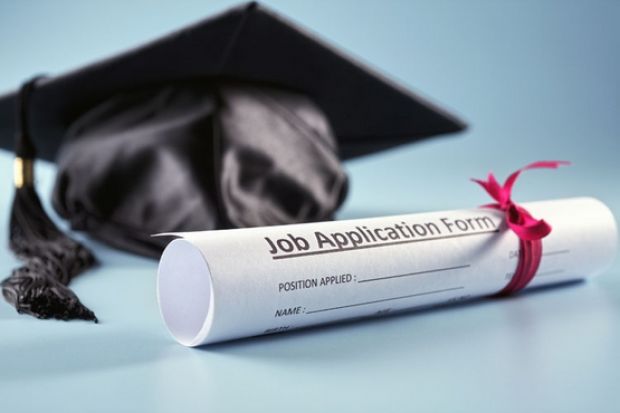Forty-one per cent of finalists said they made at least one job application to a graduate employer almost a year before graduation, according to a poll of more than 18,000 students at 30 UK universities by High Fliers Research, published on 13 June.
That compares to the 37 per cent who applied early – in September or October in their final year – in 2011, 31 per cent in 2009, 28 per cent in 2006 and 25 per cent in 2001, says The UK Graduate Careers Survey 2013.
By March, 63 per cent of finalists had made graduate job applications this year, compared with the 61 per cent who had applied by the same point last year, 59 per cent in 2011 and 55 per cent in 2010.
The number of job applications made by students while at university also rose to 7.1 on average compared with 5.7 three years ago, says the survey, which polled around one in five of all finalists in 2013.
Martin Birchall, managing director of High Fliers Research, said the survey shows students were applying earlier than ever to help secure a graduate job at the end of their degree.
“Record numbers of students are now choosing to research their career options in their first or second year at university, rather than leaving job hunting until the final six months before graduation,” he said.
Mr Birchall said the survey, which focused on students at research-intensive universities (23 of the 30 universities polled were in the Russell Group), also shows those who had undertaken an internship or work experience were more likely to secure a job offer before they graduated.
More than a third (36 per cent) of applicants who had done an internship or other vacation work with a graduate employer had received at least one definite job offer by March 2013, compared with just 11 per cent of applicants who had no careers-related work experience whilst at university.
“Work experience is no longer an optional extra for university students, it’s an essential part of preparing for the graduate job market,” he said.
“Students who just focus on their degree studies without spending time in the workplace are unlikely to develop the skills and interests that graduate employers are looking for.”
The survey also found 26 per cent of finalists hope to do some form of postgraduate study and 11 per cent intend to have a break after their studies.
The average expected starting salary for new graduates increased marginally from last year, up £200 to £22,800 – the first time that salary expectations have overtaken those that were anticipated in 2008.
Graduates at the London School of Economics had the highest starting salary expectations at £28,700, followed by University of Oxford graduates (£26,500), while those leaving Queen’s University Belfast, who often take jobs closer to home, expected to receive £19,200 for their first post.




